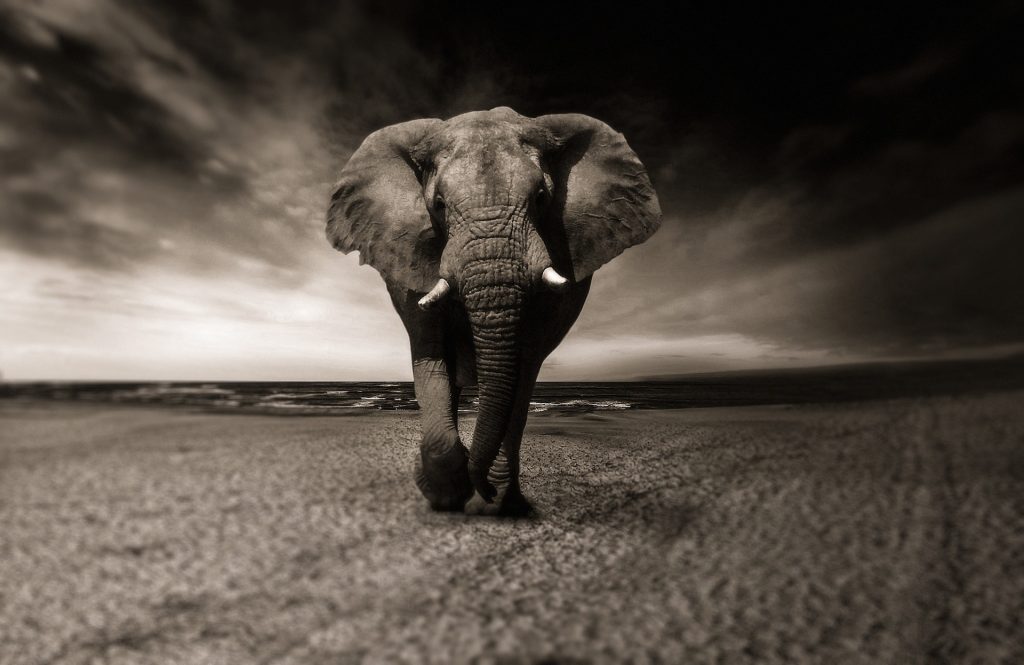Four years ago, ethologist and animal advocate Marc Bekoff wrote an op-ed for LiveScience titled “After 2,500 Studies, It’s Time to Declare Animal Sentience Proven.” In this essay, Bekoff points out that the ample empirical evidence supporting animal sentience (over 2,500 studies at the time he was writing and many more than that now) still wasn’t stopping skeptics from continuing to question—and even deny—what research had already proven.
What puzzles me is why science didn’t start off with a different principal for how we view self-awareness in animals, one closer to that used by the American criminal justice system, which holds innocence as the presumption unless guilt is proven. Instead of needing proof of self-awareness in animals, we could instead assume that an animal is self-aware unless proven otherwise. After all, this assumption better reflects our observations of and experiences with animals, who certainly behave as if they are self aware.
But the skepticism lingers. . . And this is why we owe a debt of gratitude to all the scientists who continue to design ingenious ways of demonstrating that animals are self-aware, experience emotions, and have incredibly cognitive abilities.
In a study just published last month (March 2017), researcher Josh Plotnik (who founded the conservation charity Think Elephants International), and PhD student Rachel Dale designed a new test for self-awareness in elephants. Scientists rely on a variety of criteria to judge self-awareness in animals. One criterion is an animal’s response to the mirror test, a self-awareness assessment tool that looks at whether an animal understands that the reflection in front of them is actually their own. Asian elephants have passed this test.
Plotnik believes that another measure of self-understanding is “body-awareness.” One test of body awareness looks at whether an individual animal can recognize that his body can get in the way of a problem-solving task. Plotnik used such a test to study body awareness in Asian elephants and once again, these sentient, intelligent animals passed the test with flying colors. Check out the video below and read more at nature.com.
More information: Dale, R, and Plotnik, JM. Elephants know when their bodies are obstacles to success in a novel transfer task. Scientific Reports; 12 April 2017; DOI: 10.1038/srep46309

